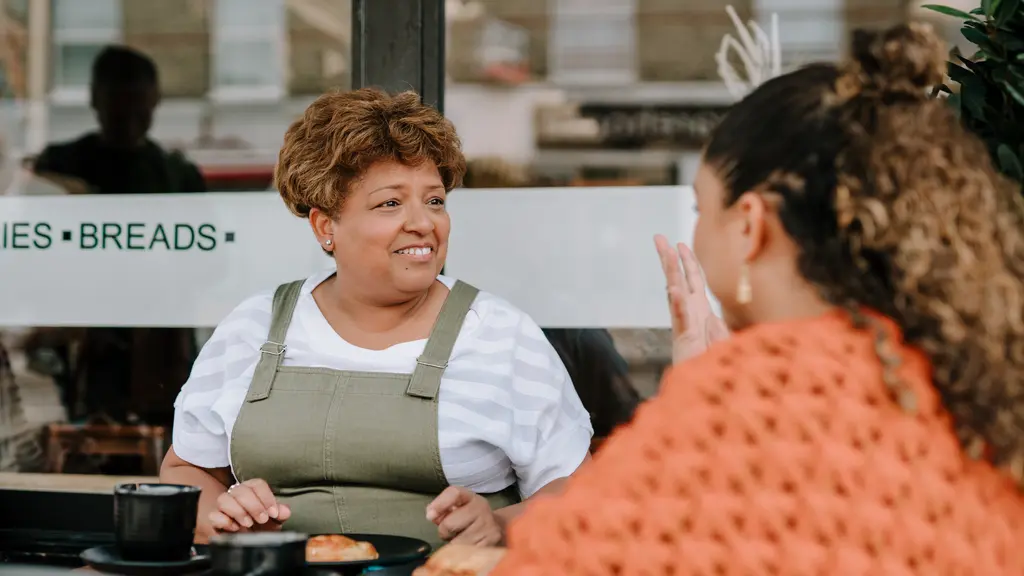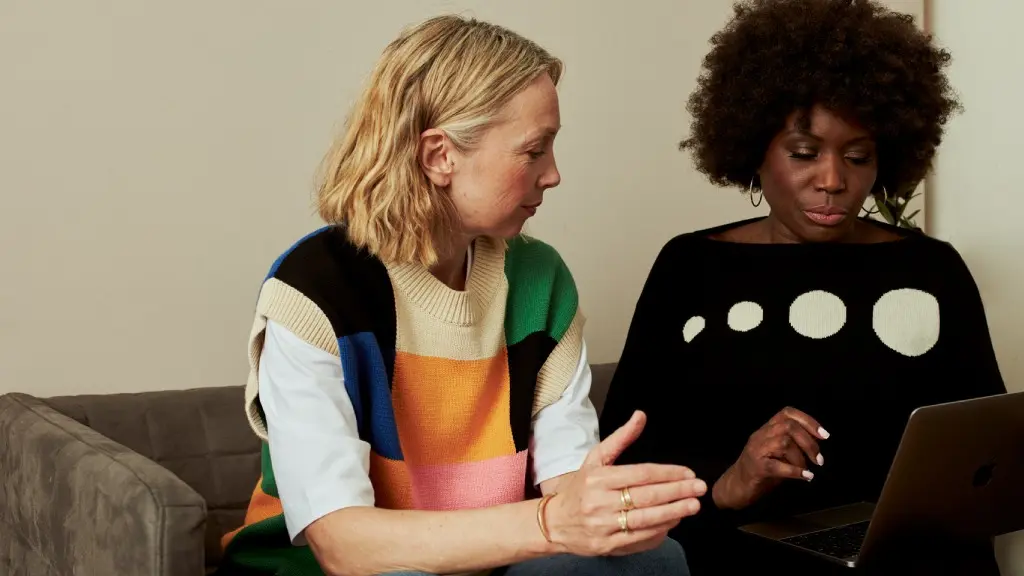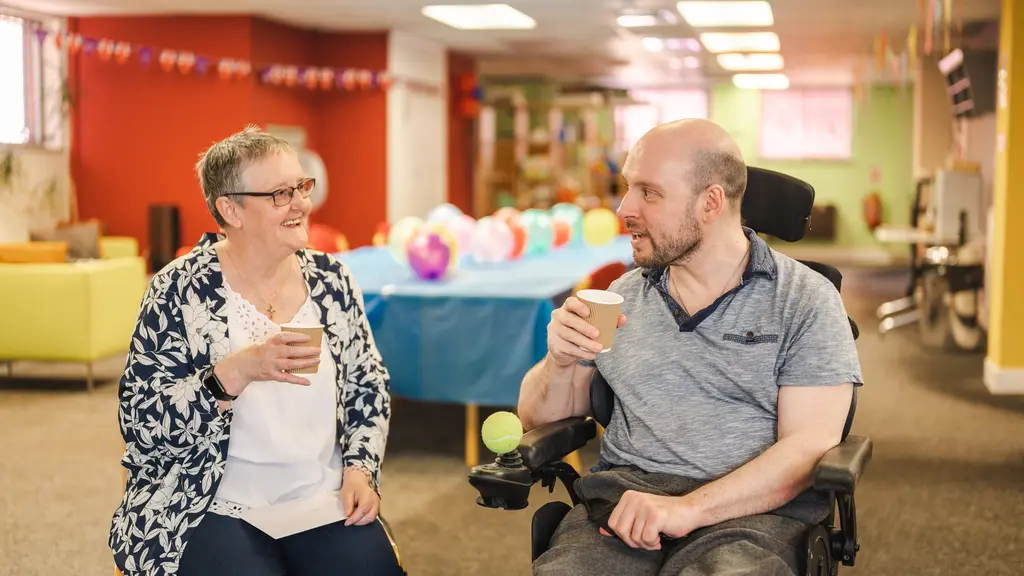Why are conversations important?
Ageism is so ingrained in society that we barely notice it. Having a conversation about ageism is a vital first step to creating change and challenging negative ideas about ageing and older people.
We also know from our campaign supporters who have shared their experiences of challenging ageism that it can be transformative to speak to people about it - because naming ageism helps people recognise patterns they may have accidentally normalised, challenge assumptions they didn’t realise they held, begin to see ageing in a new way, and feel emboldened to challenge ageist behaviour when they come across it.
Whether we speak with family and friends, start a conversation with people in our community or discuss it at work, when more of us talk about ageism, more of us are aware of it, and the less people will experience being treated negatively because of their age.
Read our tips for having a conversation about ageism below.
The more we all talk about ageism, the more we start to create change. Help make talking about age more commonplace with these conversation starters:
About culture and society
- How do we feel about the way older people are portrayed in the news?
- How often do we see older people in advertising? What products are being advertised and are they only aimed at older people?
- Have we ever noticed ageism in everyday life? Where did it happen, and what was said or done?
About ourselves
- How do we feel about telling people our age?
- What do we think is the best part about getting older?
- Have we ever been told we’re “too old” to do something? Or have we ever felt that we couldn’t or shouldn’t do something because of our age, even if we felt capable?
- Has anyone told us that we “look good for our age”? If so, how did this make us feel?
Reflective questions
- What is something we’ve learned with age that we wish we knew when we were younger?
- Who is an older person that has inspired us, and why?
- What are some ways society could better celebrate and value older adults?
- If we could redefine ageing in one sentence, what would it be?
Ageism often shows up in casual jokes and comments which are based on assumptions and stereotypes. It can be difficult to know what to say or do if someone says something ageist in a conversation, either about someone else or themselves.
If we feel comfortable to, we could:
- Ask the person to explain the ageist joke to us, helping them reflect on their words and see the stereotype behind the punchline.
- Question if someone’s age is relevant to the comment made, such as if someone says, ‘you look good, for your age!’. This could be as simple as gently asking, ‘is age relevant’?
- By sharing alternative words and encouraging others to use them, we can reduce negative language about older people. For example, we could say: “Why don’t we say X instead?” or “Do you mean X?”. We could also simply swap out words without acknowledging them, which is a subtle way to challenge ageist language without making the person who said it feel defensive.
- We might not want to disrupt a conversation, so using humour can also be a good way to state the obvious and call out ageism in a more light-hearted way. For example, if someone says, ‘You look good for your age’, we could say, ‘Well I am X age, so I guess this is what people my age look like!’
We know it can feel difficult to have the confidence to talk about ageism without having some facts up your sleeve. Here are a few to get us started:
- Nearly two thirds of people reported being treated or spoken to negatively because of their age since turning 50.
- More than half of people over 50 have faced the assumption they can’t do something because of their age.
- Just 2.5% of older people (aged 65 and over) live in care homes, yet the public thinks it’s 25%.
Find more facts about ageism here.
Share your experiences
If we’re comfortable, sharing our own experiences of ageism or the moments we’ve noticed others be affected by it can make the conversation more relatable and impactful.
It’s also possible to share the personal experiences of our campaign storytellers with others.
For more in-depth discussion topics and tips, explore our ‘hosting a discussion about ageism’ webpage here.



